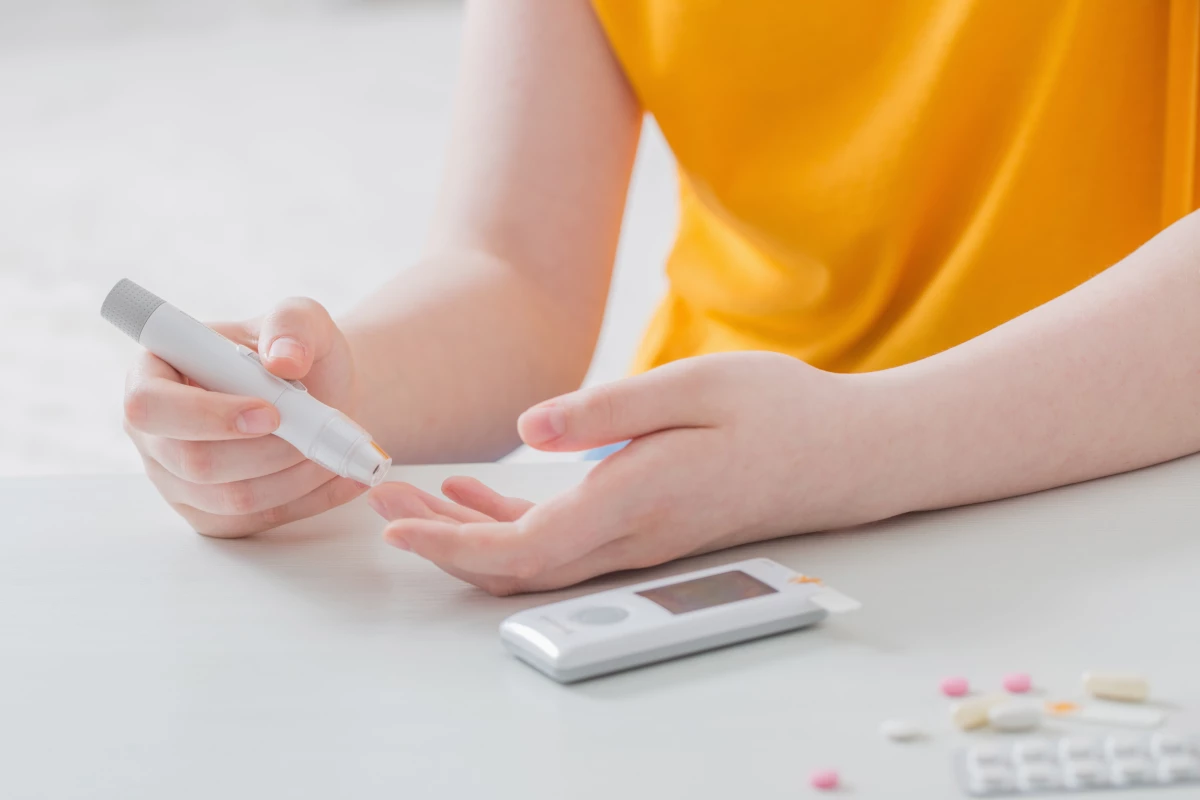The insulin pumps diabetics currently rely on do a great job of delivering the hormone as needed, but need regular replacing due to what are known as fibrils. These form over a day or two as insulin compounds accumulate into clumps and create the risk of blockages, but scientists in Australia have engineered what they say is a safer alternative, with egg yolks serving as their starting point.
The formation of fibrils means that diabetics need to replace their insulin pumps every 24 to 72 hours to avoid the risk of dangerous blockages, which bring with them a risk of life-threatening under-dosing. Beyond the dangers to the patient’s well-being, the need to regularly replace the pump increases the workload needed to manage their disease and means that portions of the medicine often go to waste.
So, there is considerable interest in developing synthetic insulin that doesn’t behave in this way. Researchers at Melbourne’s Florey Institute of Neuroscience and Mental Health approached this problem through a new technique it developed with scientists in Japan, whereby the insulin is engineered from egg yolks to allow for greater freedom over the final design.
“Using egg yolk as a rich source of homogeneous sugar is a novel method developed with our Japanese collaborators from Osaka University in Japan,” lead author Akhter Hossain explains to New Atlas. “It was a key factor in allowing us to explore the effect of chemically positioning the sugar on the insulin molecule to address fibrillation without impacting on its activity.”
The researchers have dubbed the finished product glycoinsulin and report that it has stood up very well in their early testing.
“Not only did our research demonstrate that glycoinsulin does not form fibrils, even at high temperature and concentration, but also that it is more stable in human serum than native insulin,” says Hossain. “Together, these findings could position glycoinsulin as an excellent candidate for use in insulin pumps and a way to improve the shelf life of insulin products.”
The researchers estimate that if the longevity of insulin could be extended from two days to six, it could save around US$1 billion a year across the 350,000 people who use insulin pumps in the US. While the breakthrough and early results are promising, the research team is very aware that there is much work to do before that can happen.
“This chemical method is a proof-of-principle study to generate a homogenous glycoinsulin compound on a laboratory scale,” Hossain tells us. “The next steps are to enable large scale synthesis of glycoinsulin in a cost-effective way, conduct pre-clinical toxicology studies and evaluation in animal models, and ultimately, partner with a pharmaceutical company for clinical investigation.”
The team has published its research in the Journal of American Chemical Society.
Source: The Florey Institute of Neuroscience and Mental Health





